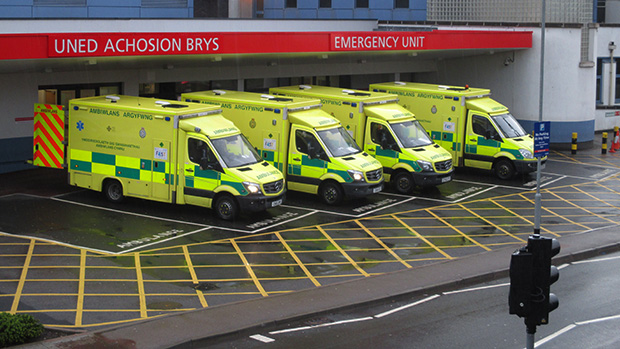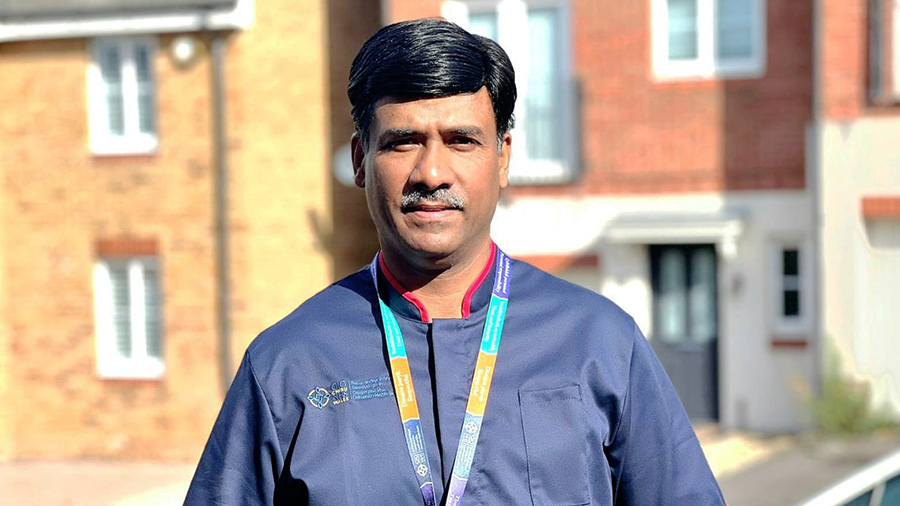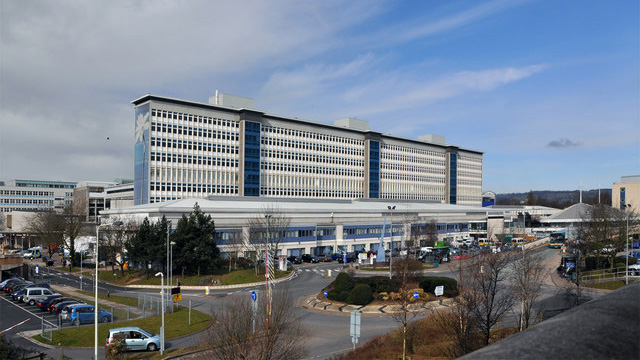As patients are having a tough time with waiting duration and consultation, NHS is going through the most challenging phase in yielding adequate care to the growing population of patients.

Image credits: Hugh Trainer on Flickr
NHS in Wales is dealing with the most challenging situation recently- the struggle to provide quick care to patients.
From months-long wait for an appointment with the doctor, to waiting for hours and hours at the A&E, to no available beds at the hospital at the time of need, this is now a common scenario.
“Staff shortage is the main concern, especially with nurses. Many of them resigned after the pandemic. The health board is currently managing by making use of the agency nurses,” said Mr. Siji Salimkutty, Advanced nurse practitioner, Cardiff and Vale University Health Board.
The staff shortage has resulted in the patients required to wait for consultation for long hours.
The National standard duration for a patient to wait for check-ups and consultation in the emergency care is four hours. However, since nursing staff are less in number, they are required to wait for eight hours or more.

“Waiting at the A&E is an absolute nightmare. I still remember that one time where I waited from two in the afternoon and they didn’t even call me when it was nearing midnight. When I inquired, the staff told me that the duty doctor will check on me only at nine next morning,” said James Roberts, who is 72.
According to Cardiff and Vale University Health Board, one of the challenges faced by NHS is the population increase wherein, people aged 60 and above are living longer, resulting in more patients coming in.
In a report published by the Nuffield Trust, another possible explanation for the patients waiting longer might be because the Welsh NHS service is less efficient or less focused in delivering timely care.
The hospitals follow the protocol of the National Institute of Clinical Excellence (NICE) guidelines, where it is stated that the waiting time of the patient depends on the severity of their health condition.

Image credits: Mick Lobb on Geograph
Mr. Salimkutty says: “It depends on how severe your condition is. Even if you fall under Category II, you may have to wait for more time than expected, unless you are in a critical condition. This is the reality.”
Despite the problems of workforce challenges, appointment delays and long waiting hours, a large population of patients are visiting hospitals on a regular basis as the care provided is free of cost.
Mr. Salimkutty points out the affordability and accessibility of NHS, highlighting its popularity and demand among people. “They are willing to wait even though they have concerns,” he said. “Since it is funded by the Government, the number of people availing this service is increasing. So, it has its own limitations.”
